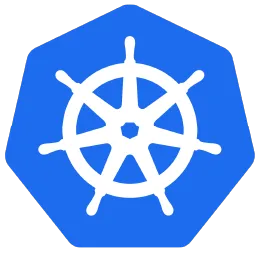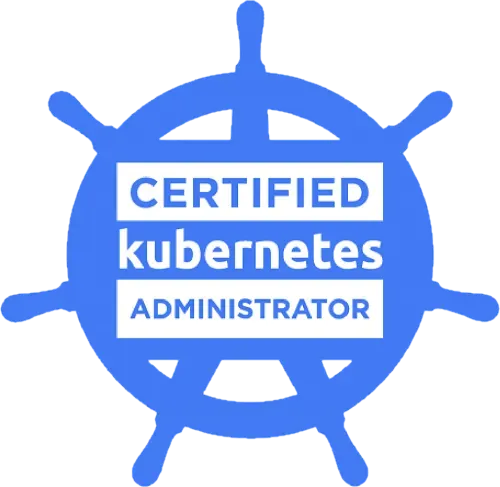Platform Engineer Learning Path
The Platform Engineer Learning Path provides a structured journey for individuals aiming to become proficient in DevOps, networking, and application development. Individuals will be equipped with the necessary skills and knowledge to excel as Platform Engineers.
.svg)
.svg)
.svg)
.svg)

How long will it take for me to complete?
What day-to-day looks like
- Design, implement and maintain a company's Technology Infrastructure such as servers, network resources, storage solutions, and cloud services.
- Engage with the product development, architecture, governance and compliance, management teams and other stakeholders to ensure that the platform team constructs the platform correctly.
- Monitoring the overall system to assess its performance, security, and reliability.
- Embedding security measures and compliance protocols in the platform, including encryption and access control.
- Investigating and integrating cutting-edge technologies into the platform, while evaluating their potential implications.
- Debugging and Resolving infrastructure and application issues
Platform Engineer
Test your Readiness for Free!
Topic based learning paths
Role based learning paths
FAQs
What is the role of a Platform Engineer?
A Platform Engineer is responsible for designing, building, and maintaining the infrastructure and platforms that support software development and deployment processes. They focus on creating scalable, reliable, and secure environments for applications, managing infrastructure as code, automating deployment pipelines, and ensuring the overall stability and performance of the platform.
What skills and knowledge are required to become a Platform Engineer?
To become a Platform Engineer, you should have a strong understanding of cloud computing platforms (such as AWS, Azure, or GCP), containerization technologies (like Docker), orchestration tools (such as Kubernetes), infrastructure automation (e.g., Terraform, Ansible), scripting and programming languages (like Python or Bash), CI/CD pipelines, monitoring and logging tools, and knowledge of DevOps practices.
What certifications are available for Platform Engineers?
There are several certifications available for Platform Engineers that focus on cloud platforms, containerization, automation tools, and DevOps practices. Some popular certifications include AWS Certified DevOps Engineer, Microsoft Certified: Azure DevOps Engineer, Certified Kubernetes Administrator (CKA), HashiCorp Certified: Terraform Associate, and Puppet Certified Professional.
How can I gain hands-on experience as a Platform Engineer?
Gaining hands-on experience can be achieved by setting up personal projects or lab environments using cloud platforms, deploying and managing applications using containerization and orchestration tools, automating infrastructure provisioning and configuration, practicing CI/CD pipelines, and working on real-world scenarios through internships or contributing to open-source projects.
What are some common challenges faced by Platform Engineers?
Platform Engineers often face challenges related to infrastructure scalability, managing complex deployment pipelines, ensuring high availability and fault tolerance, balancing security and performance considerations, integrating various tools and technologies, and staying updated with evolving cloud services and DevOps practices. Problem-solving skills and the ability to troubleshoot and debug issues are important in overcoming these challenges.
How important is automation in the role of a Platform Engineer?
Automation is a critical aspect of a Platform Engineer's role. It enables repeatability, consistency, and scalability in infrastructure and application deployments. Platform Engineers leverage automation tools and scripting to provision and configure infrastructure, deploy and manage applications, and streamline the entire software delivery lifecycle.
What is the relationship between Platform Engineering and DevOps?
Platform Engineering and DevOps go hand in hand. Platform Engineers play a key role in implementing DevOps practices by creating and managing the platforms and tools that enable teams to develop, test, and deploy software efficiently. They collaborate closely with development, operations, and quality assurance teams to establish seamless and automated software delivery processes.
How does cloud computing impact the role of a Platform Engineer?
Cloud computing has a significant impact on the role of a Platform Engineer. It provides scalable and flexible infrastructure options, allows for on-demand provisioning and resource management, enables the adoption of containerization and orchestration technologies, and provides a wide range of cloud-native services and tools. Platform Engineers need to be proficient in leveraging cloud platforms to design and manage robust and scalable infrastructures.

.svg)






.svg)

.svg)










.svg)







